
Similar Posts
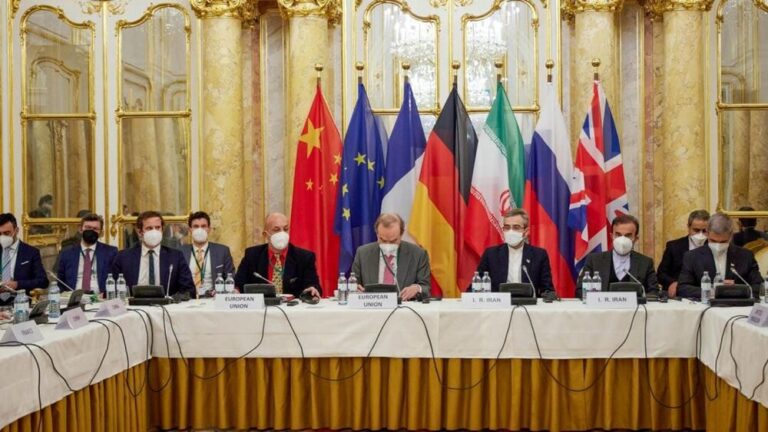
China Advocates Diplomatic Resolution for Iran’s Nuclear Challenge
Beijing is set to host trilateral talks with Russia and Iran focused on Tehran’s nuclear program, following the U.S. withdrawal from the Joint Comprehensive Plan of Action in 2018. The discussions will involve key officials from the three nations, aiming to strengthen communication and address the nuclear issue and sanctions relief. China’s foreign ministry has urged calm among all parties to avoid escalation. Iran’s Supreme Leader has rejected direct negotiations while sanctions persist, warning of retaliation against any aggression from the U.S. The outcome of these talks is crucial for regional stability and international relations.
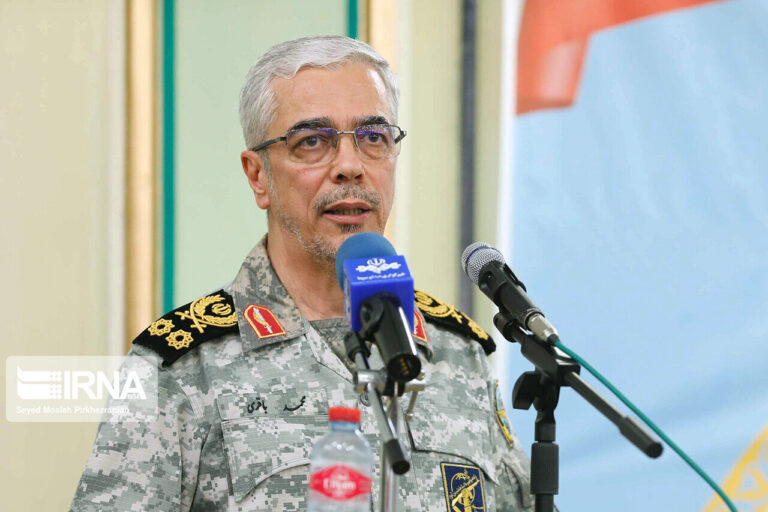
Hezbollah’s Commitment to Resistance Strengthened at Nasrallah’s Funeral
Major General Mohammad Baqeri, chairman of the Iranian Armed Forces’ Chiefs of Staff, praised the strength and commitment of Hezbollah and the Resistance movement during a statement in Tehran. He highlighted the recent funeral of Sayyed Hassan Nasrallah in Beirut, which drew nearly a quarter of Lebanon’s population, as a testament to their unwavering resolve. Baqeri honored those who sacrificed for the cause, emphasizing the event as a demonstration of Hezbollah’s growing strength and enthusiasm. His comments reflect a broader sentiment of resilience and determination among Hezbollah and the Resistance in pursuing their objectives.

Iran Stands Firm: No Compromise on Enrichment Rights Amidst Bullying Pressures, Says Foreign Ministry Spokesperson
Iran’s Foreign Ministry spokesperson Esmaeil Baqaei reaffirmed the country’s commitment to its right to uranium enrichment, stating Tehran will not relinquish this right. This statement comes amidst ongoing discussions regarding Iran’s nuclear program, with Baqaei addressing U.S. demands for a halt to enrichment. He emphasized that ensuring a non-weaponized program is achievable if the U.S. respects Iran’s right to peaceful nuclear energy. Baqaei highlighted several potential avenues for compromise, asserting that the Iranian people will not yield to threats. As negotiations progress, the future of Iran’s nuclear ambitions remains crucial for regional and international stability.
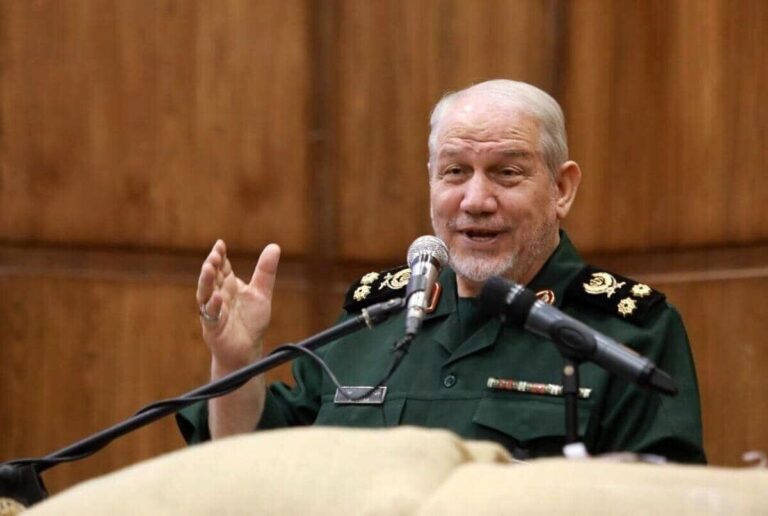
Iranian Leader’s Aide Warns: Regional Empire Ambitions Are Bound to Fail
Major General Yahya Rahim-Safavi, an adviser to Iran’s Supreme Leader Ayatollah Khamenei, recently condemned efforts by certain countries to establish a regional empire during a speech in Tabriz, East Azerbaijan. He asserted that such malicious agendas are destined to fail and criticized adversaries for attempting to revive ineffective historical tactics. Rahim-Safavi’s comments reflect a common viewpoint among Iranian officials about foreign influence and regional dynamics, emphasizing the need for national sovereignty and resilience against external pressures as tensions in the region escalate. His remarks highlight the changing geopolitical landscape and the ineffectiveness of outdated strategies.
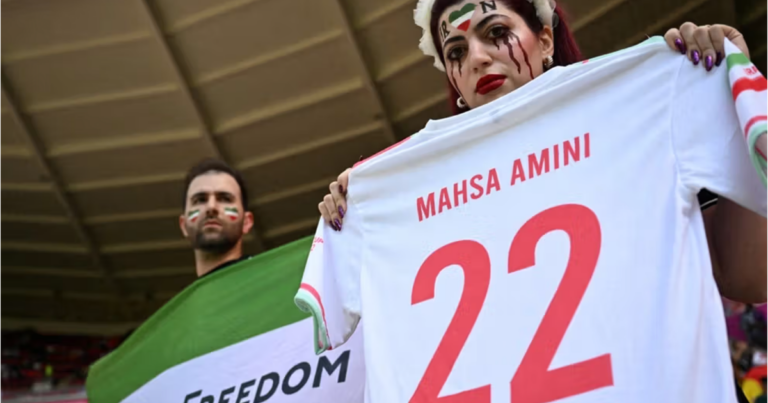
Exploring the Shift: Why Iranians Are Losing Faith in Their National Football Team
Iran’s national football team, Team Melli, recently qualified for the 2026 FIFA World Cup, but public enthusiasm was notably absent, reflecting deep societal and political divisions. Historically, such achievements sparked nationwide celebrations, but this time, the response was muted, with many expressing a disconnection from the team. The decline in support is influenced by the political climate following the “Woman, Life, Freedom” protests after Mahsa Amini’s death. Initial player solidarity with protesters waned under pressure, leading to disillusionment among fans, who now refer to the team as the “government’s team.” Attendance at matches has also significantly dropped, signaling a growing disconnect.
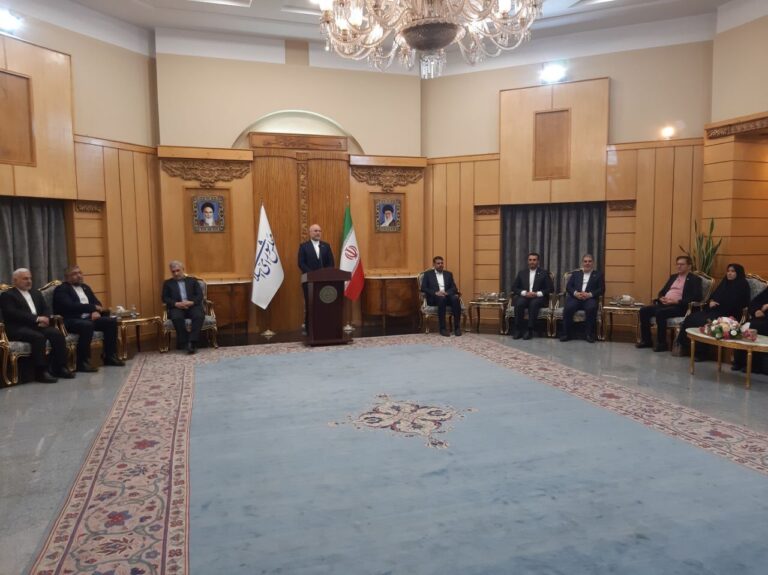
Parliament Speaker Declares Clear Path to Strengthen Economic and Cultural Bonds Among Islamic Nations
The 19th Parliamentary Union of the OIC Member States (PUIC) conference has strengthened economic and cultural ties among Islamic nations, according to Iran’s Parliament Speaker Mohammad-Baqer Qalibaf. Upon his return, he highlighted the conference’s role in facilitating crucial dialogues on topics like Palestine, economy, human rights, and women’s affairs. Qalibaf emphasized the unified stance of Islamic states against Israeli violations, coinciding with U.S. attempts to create discord in the region. He also noted Indonesia’s significant role in international organizations. Qalibaf held seven bilateral meetings with various countries to enhance cooperation and solidarity among member states.